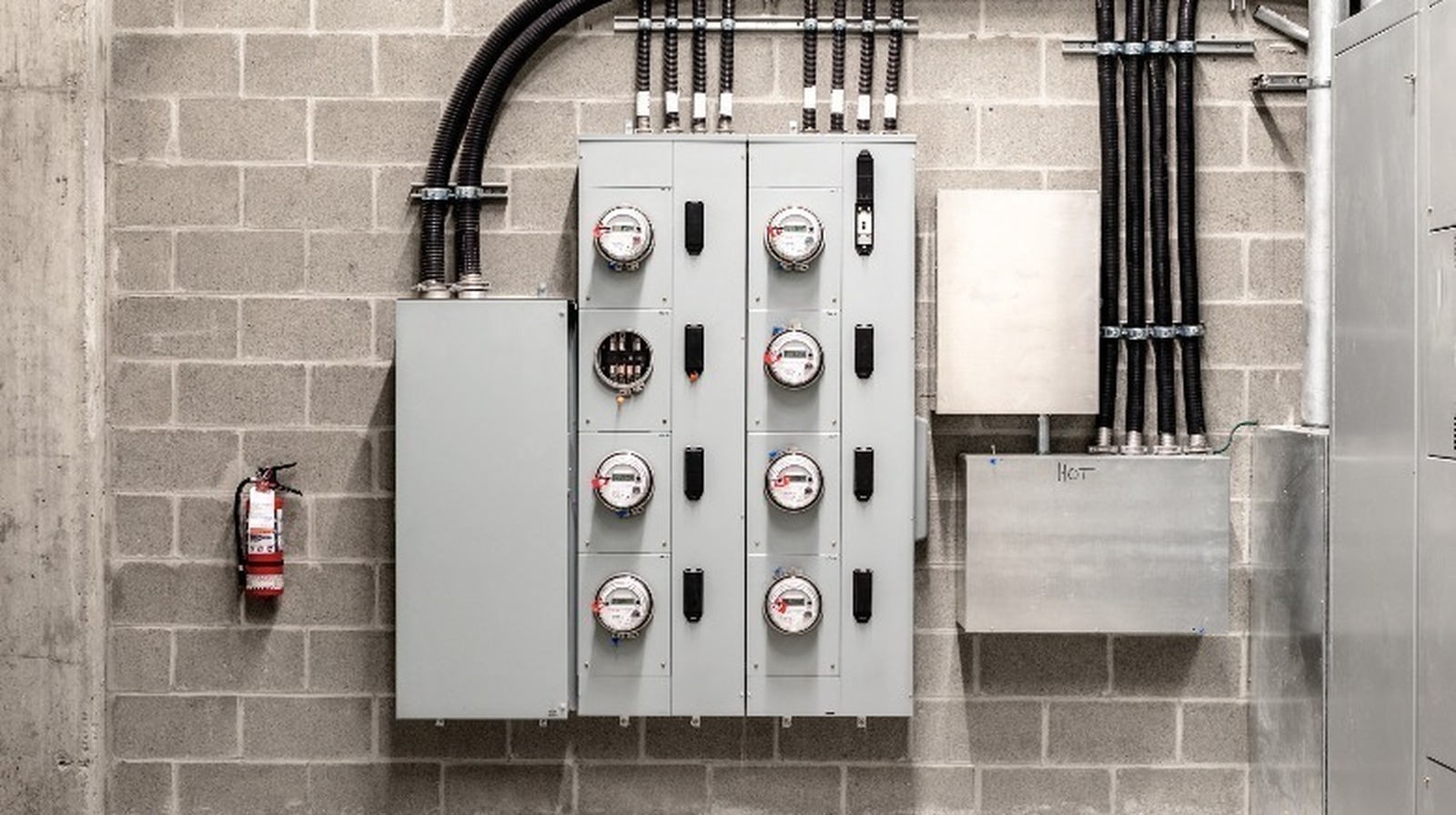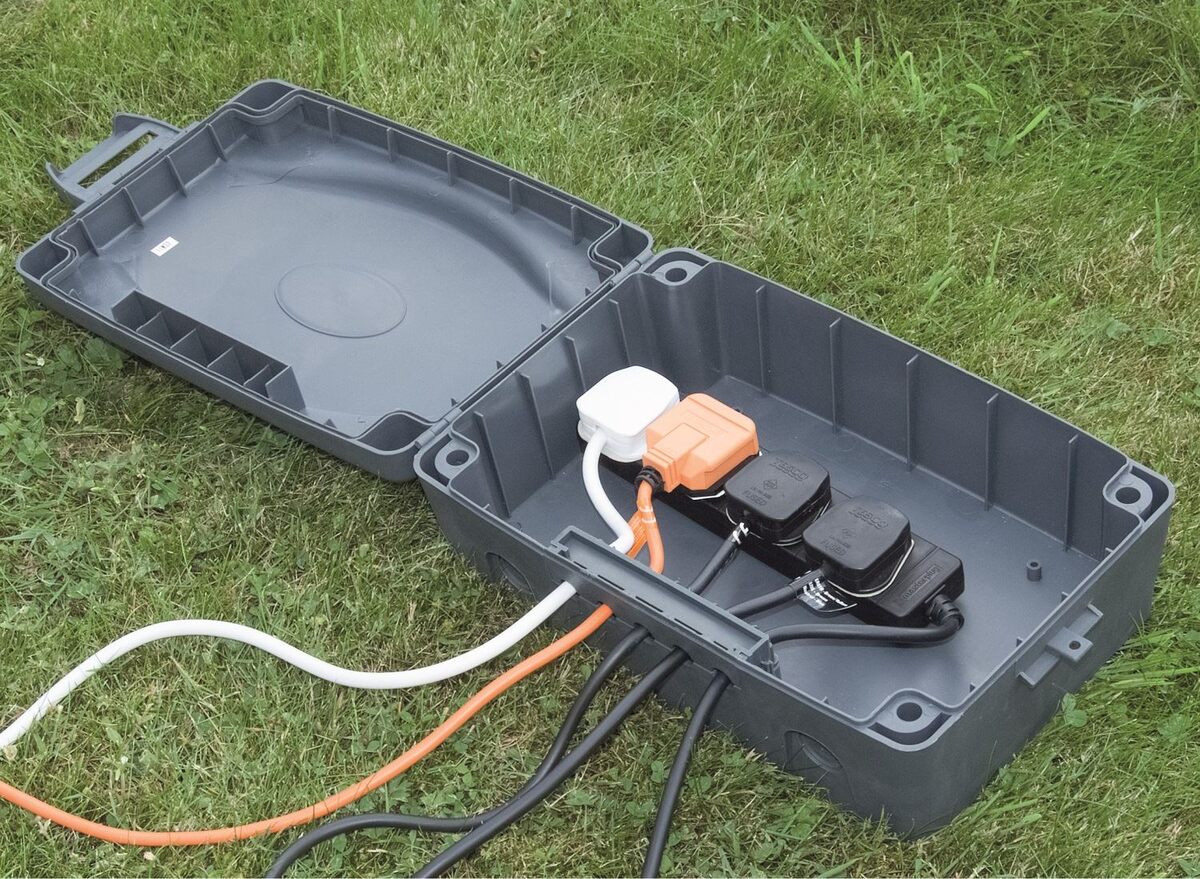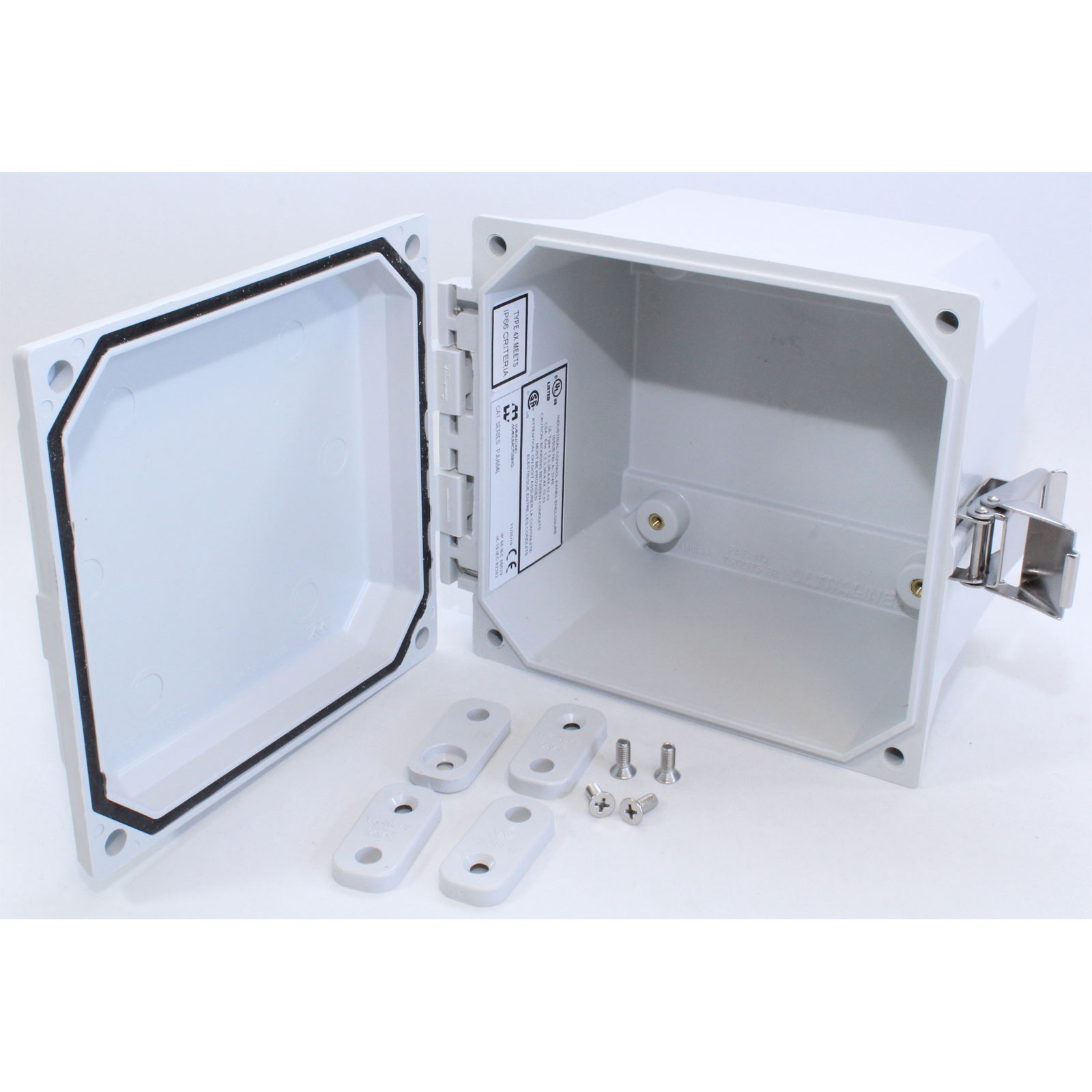Outrageous Tips About Are Electrical Junction Boxes Safe

How To Rewire A Junction Box Wiring Work
Electrical Junction Boxes
1. Understanding the Basics
Okay, let's talk about electrical junction boxes. These little guys are the unsung heroes of your home's electrical system. They're essentially containers designed to protect electrical connections, and, more importantly, to prevent fires. Think of them as tiny fortresses guarding the vital wiring of your house. If you're picturing a tangled mess of wires held together with hope and electrical tape — well, that's exactly what junction boxes are meant to prevent! They enforce order and safety within the chaos of electrical circuits.
Essentially, anywhere two or more wires connect, a junction box should be present. This isn't just some arbitrary rule; it's about containing any sparks or arcing that might occur from loose connections or faulty wiring. Imagine a tiny lightning storm happening behind your drywall. Not good, right? That's why these boxes are a mandatory part of any properly installed electrical system. Ignoring them is like inviting trouble, and nobody wants that!
They come in various shapes and sizes, made from plastic or metal, depending on the application. The materials used contribute to their fire-resistant qualities. Metal boxes, for instance, can withstand higher temperatures and prevent the spread of fire more effectively than plastic ones. Knowing which type to use for which situation is part of ensuring electrical safety in your home or business.
Beyond fire prevention, junction boxes also offer physical protection to the wiring itself. They shield wires from damage caused by accidental impacts, pests (mice love chewing on wires, unfortunately!), and environmental factors like moisture and dust. This protection extends the lifespan of your electrical system and reduces the likelihood of shorts or other malfunctions.

11 Types Of Junction Boxes To Look For In Your Home
Are Electrical Junction Boxes Safe? When They're Done Right!
2. The Safety Question Answered
So, are electrical junction boxes safe? The short answer is: yes, absolutely, when installed and maintained correctly. Think of it like this: a car is generally safe, but only if it's driven responsibly and kept in good repair. Junction boxes are the same. When things go wrong, it's usually because of improper installation, overloading circuits, or just plain neglect.
One of the biggest safety hazards is overloading a circuit. This happens when you plug too many devices into a single circuit, drawing more power than it's designed to handle. This can cause the wires to overheat, potentially leading to a fire. A correctly installed junction box should contain this event, but repeated overloads can weaken the wiring and connections over time.
Another common issue is incorrect wiring. If wires are not properly connected, it can create loose connections or shorts. This can cause arcing, which is basically tiny electrical sparks that can ignite flammable materials. Again, a properly installed junction box is designed to contain this, but it's always better to prevent the problem in the first place with careful and correct wiring techniques.
Finally, neglecting maintenance can also compromise safety. Junction boxes should be inspected periodically to ensure that all connections are tight, the box is securely mounted, and there are no signs of damage. If you notice anything suspicious, like discolored wires, a burning smell, or flickering lights, it's crucial to call a qualified electrician immediately.

Common Mistakes & How to Avoid Them
3. Preventing Problems from the Start
One of the most prevalent errors is failing to use a junction box at all! Many DIYers, in an attempt to save time or money, might simply twist wires together and wrap them with electrical tape. This is a major safety hazard and a violation of most electrical codes. Always use a junction box for any electrical connection, no exceptions.
Another common mistake is using the wrong size or type of junction box. The box needs to be large enough to accommodate all the wires and connections without overcrowding. Overcrowding can make it difficult to make proper connections and can also lead to overheating. Using the correct type of box — metal or plastic — is also crucial, depending on the application.
Improper wiring techniques are another frequent cause of problems. This includes loose connections, frayed wires, and incorrect wire gauge. Always use wire connectors (wire nuts) to make secure connections, and ensure that the wires are properly stripped and twisted together. If you're not comfortable with electrical wiring, it's always best to hire a qualified electrician.
Finally, neglecting to properly secure the junction box is another potential issue. The box should be securely mounted to a wall stud or ceiling joist. A loose junction box can vibrate, which can loosen connections and create a fire hazard. Make sure the box is firmly attached and won't move around.

When to Call a Professional Electrician
4. Knowing Your Limits
Let's be real: electricity is not something to mess around with if you're not qualified. While some minor electrical tasks can be safely handled by experienced DIYers, there are many situations where it's essential to call a professional electrician. This isn't about questioning your abilities; it's about ensuring your safety and protecting your home.
Any time you're dealing with more complex electrical work, such as installing new circuits, upgrading your electrical panel, or troubleshooting major electrical problems, it's best to leave it to the pros. These tasks require specialized knowledge and tools, and attempting them without the proper training can be dangerous.
If you're experiencing persistent electrical problems, such as flickering lights, tripping breakers, or unexplained power outages, it's also important to call an electrician. These could be signs of a more serious underlying problem that needs to be addressed by a qualified professional. Ignoring these issues can lead to further damage and potentially create a fire hazard.
And, of course, if you're ever unsure about anything related to electricity, it's always best to err on the side of caution and call an electrician. They can provide expert advice, diagnose problems accurately, and ensure that all electrical work is done safely and correctly. Remember, your safety and the safety of your home are worth more than the cost of hiring a professional.

Maintaining Your Junction Boxes
5. Keeping Things in Tip-Top Shape
Maintaining electrical junction boxes is easier than you might think, and it can significantly improve the safety of your home's electrical system. A little preventive care goes a long way in preventing potential problems. Regular visual inspections are key. Look for any signs of damage, such as cracks, discoloration, or loose connections.
Periodically check the tightness of the connections inside the junction boxes. Use a screwdriver to gently tighten the screws on the wire connectors (wire nuts). Be careful not to overtighten them, as this can damage the wires. If you find any loose connections, tighten them immediately.
Ensure that the junction boxes are properly covered. The covers prevent accidental contact with live wires and also protect the wires from dust and moisture. If a cover is missing or damaged, replace it as soon as possible. This simple step can prevent a whole lot of potential headaches and shocks.
Finally, keep the area around the junction boxes clear of any flammable materials. Avoid storing anything that could easily catch fire near the boxes, such as paper, cardboard, or fabrics. A little bit of common sense can greatly reduce the risk of a fire.

Types Of Junction Box Cover Plate At Kevin Christensen Blog
FAQ
6. Your Questions Answered
Got some lingering questions? Let's tackle some common queries about electrical junction box safety.
7. Question
Answer: If you don't use a junction box, you're leaving exposed wires that are vulnerable to damage, pests, and accidental contact. This significantly increases the risk of electrical shock and fire. It's also a violation of most electrical codes, so you could face fines or other penalties.
8. Question
Answer: If you're comfortable with basic electrical wiring and understand the relevant electrical codes, you might be able to install a junction box yourself for simple tasks like extending a circuit. However, for more complex work, it's always best to hire a qualified electrician. Safety first!
9. Question
Answer: It's a good idea to visually inspect your junction boxes at least once a year, or more frequently if you suspect there might be a problem. Check for any signs of damage, loose connections, or corrosion. Regular inspections can help you catch potential problems early before they become serious hazards.